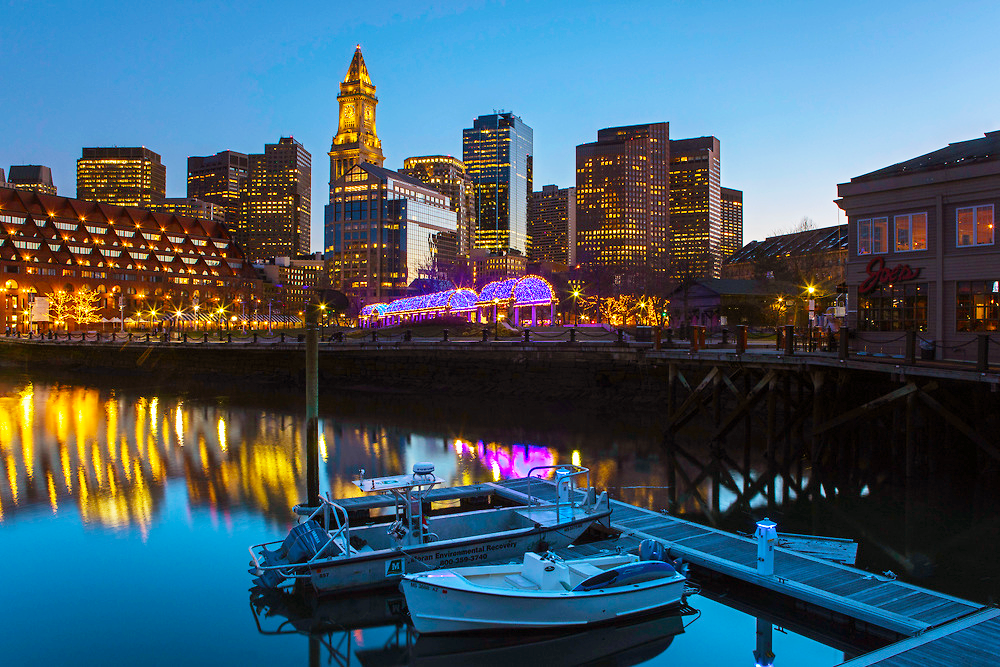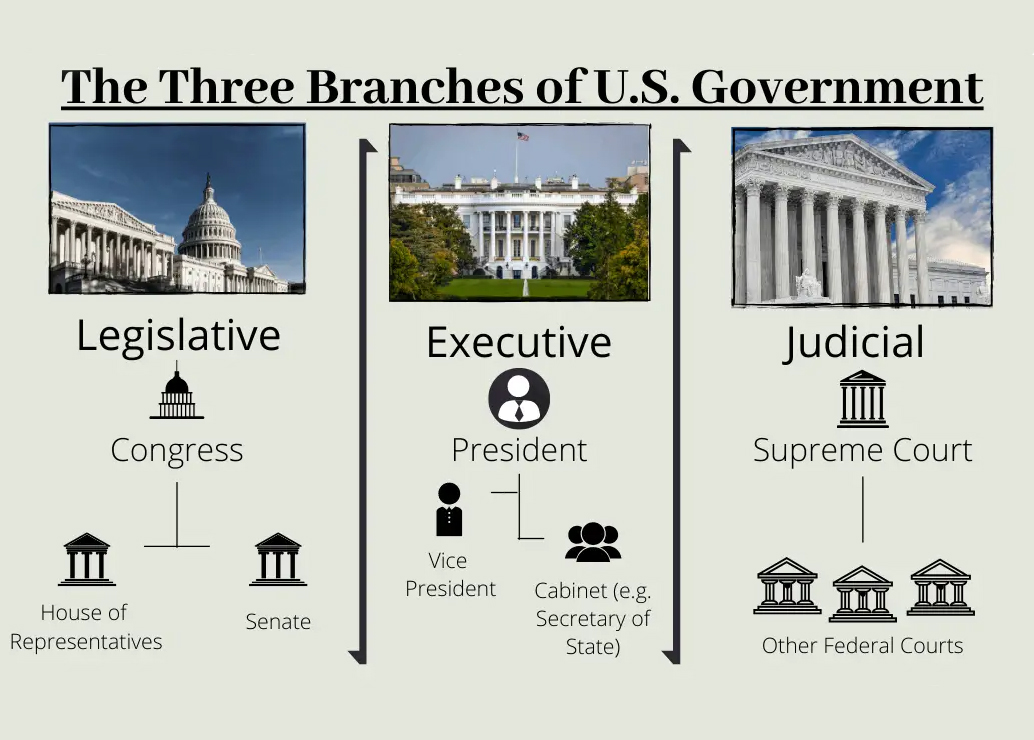For centuries, humans have been fascinated by the battle between mankind and nature. Modern technology provides society with an unprecedented ability to handle natural disasters, but nature still seems to win the conflict.
Alarmingly severe droughts have troubled regions across the globe, leaving a devastating impact on economic affairs and daily life. 2022 brought a flood crisis to Pakistan that cost billions of dollars and over 1,700 lives. Locally, this past winter of 2023 to 2024 has been the warmest winter on record, as states like Massachusetts face minimal snow and an abundance of rain in the usual icy months.
These concerning weather conditions cause citizens to question the best way to manage current circumstances: mitigation or adaptation methods.
Climate mitigation aims to address climate change by reducing emissions. On the contrary, adaptation involves changing current lifestyles and processes to handle climate anomalies. Although adaptation does have its benefits, mitigation is more effective, necessary and equitable in the fight against climate change.
Mitigation is often considered too substantial of a financial investment, but only a small number of countries are needed to support these expenses. According to Climate Action Tracker, an independent research group, the two main drivers of global carbon emissions are China and the United States, far ahead of other nations.
Instead of expecting nations to upgrade infrastructure constantly, especially those without the funds to do so, mitigation allows nations to focus on long term development instead of the short term prevention of hardship. According to Boston Latin School Youth Climate Action Network officer Caleb Thompson (II), “Building a new road or a sea wall only helps that area whereas mitigation helps everything.”
Mitigation is more considerate of other organisms because they will not be affected by the constant upgrading of infrastructure. Adaption relies on the constant need for new construction, which can be a large source for carbon emissions. Furthermore, water, soil and noise pollution are substantial drawbacks to construction that decrease the quality of life for others.
Not only is mitigation proactive for developing countries, but it also directly combats climate change, whereas adaptation withstands it. Through changing processes that facilitate carbon-friendly production and minimal pollution, all variants of life experience a cleaner, more stable planet. Scientists predict that the state of our climate will only decline as people continue with their current lifestyles.
Mitigation is also attainable; through renewable energy sources such as wind, solar and hydroelectric, countries are able to decrease overconsumption. Mitigation advocates other changes in lifestyle such as electric vehicles and retrofitting old infrastructure. Efforts from organizations such as The Solutions Project work to break down how to install renewable energy resources.
Although mitigation is favorable, the majority of climate change is also driven by large corporations who are often unwilling to pursue the financial efforts necessary to pursue it. AP Environmental Science student Eduard Objio (I) believes that mitigation would be better for the environment, but acknowledges the legal struggle: “With the way environmental laws fare in politics, it’s incredibly difficult to change how fossil fuel companies operate and what they emit on a large scale.”
Mitigation efforts, moreover, require substantial investments and time. Many argue that the time to address climate change is now, and that adaptation is the only way to increase current livability. According to the World Wildlife Fund, “Mitigation actions will take decades to affect rising temperatures, so we must adapt now to the change that is already upon us — and will continue to affect us in the foreseeable future.”
Despite the time and effort that mitigation requires, it is essential in securing the future of the human race with the ability to combat climate change and sustain the resources of Earth for decades to come.








